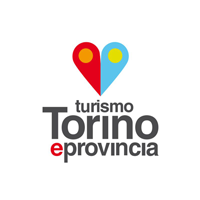Isolation of nanobioparticles from suspension commonly requires extended ultracentrifugation and manual handling protocols. Microfluidics in combination with acoustics have in more recent years opened new avenues to nanoparticle manipulation. Acoustic seed trapping is a technology that utilizes inter particle forces derived from sound scattered at particles in suspension and enables submicron particle enrichment. In biomedicine extra cellular vesicles (EV) (i.e. submicrometer vesicles, shed from cells) gain a lot of attention as potential carriers of biomarkers. We have previously pioneered the development of acoustic seed trapping of EVs in biofluids (≈10-100 uL samples) for biomarker analysis. In order to broaden the applicability of acoustic seed trapping, processing of larger sample volumes are needed. We now show the upscaling of acoustic EV isolation in urine from the 10-100 uL/min to mL/min range and demonstrate a 40X capacity increase of seed particles. The capacity increase enabled rapid isolation of urine EVs for subsequent mapping of differential proteome profiles of urine vs. the urine EV fraction as monitored by mass spectrometry. The current EV isolation platform now provides a rapid route to defined EV-based sub proteomes in biofluids.
Biography
Thomas Laurell is a professor since 2000 at the Dept. Biomedical Engineering at Lund University, Sweden. His research focus is microtechnology and microfluidics in life sciences. He has pioneered chip integrated acoustofluidics which currently also is his main focus. He is a co-founder of the Chemical and Biological Microsystems Society (CBMS) and served as President for CBMS 2010- 2017. Laurell is a co-founder of AcouSort AB and is an elected member of: The Royal Swedish Academy of Sciences; The Royal Swedish Academy of Engineering Sciences and a Fellow of School of Engineering, The University of Tokyo. Since 2019 he is a Swedish Research Council Distinguished Professor and an Honorary visiting professor at University Putra Malaysia.






